The rise of artificial intelligence (AI) has ignited a myriad of discussions, particularly around its impact on the job market. While apprehensions about job displacement and economic upheaval are understandable, there is a robust case to be made that AI taking over jobs can ultimately be a net positive for society. By exploring the potential benefits of AI integration, we can appreciate how it can enhance productivity, create new opportunities, and improve overall quality of life.
1) A More Sustainable Future
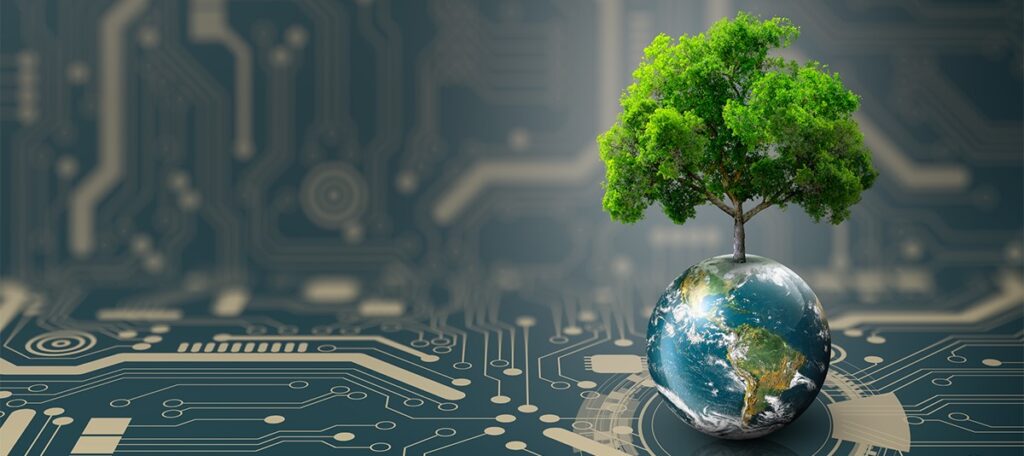
One of the most compelling arguments for AI integration is its potential to create a more sustainable future. As AI automates tasks and potentially lowers production costs, the cost of living for essential resources could decrease. This, in turn, could lead to a more peaceful and happy society with less financial stress.
Imagine a world where basic needs are met with less human labor, freeing us to pursue other passions and contribute to society in different ways. AI-driven efficiency could mean lower costs for food, energy, and healthcare, making these necessities more accessible to everyone. This reduction in financial burden could lead to a more equitable society, where individuals have more freedom to explore creative and innovative endeavors.
1.1) Environmental Sustainability
AI has the potential to significantly drive sustainability by optimizing resource usage and reducing waste across various sectors. Accurate yield predictions allow farmers to plan resources more efficiently, minimizing waste and boosting food production while conserving vital resources.
In the manufacturing sector, AI enhances supply chain efficiency by predicting demand and optimizing inventory management, ensuring materials and products are used and distributed effectively, minimizing excess, and reducing waste. AI algorithms also improve energy management by analyzing production processes and identifying areas to reduce energy consumption.
Furthermore, AI aids in environmental monitoring and conservation by analyzing data from various sources to detect changes in ecosystems, track wildlife populations, and predict natural disasters, allowing for timely interventions and effective conservation strategies.
1.2) Reducing Carbon Footprint
AI technologies can contribute significantly to reducing our carbon footprint. AI can optimize energy usage in buildings, manage smart grids, and improve transportation efficiency, all of which can lead to substantial reductions in greenhouse gas emissions. For instance, AI algorithms can optimize flight paths and logistics routes, leading to reduced fuel consumption and lower emissions in the transportation sector.
Environmental Sustainability with AI:
https://www.brookings.edu/projects/artificial-intelligence-and-emerging-technology-initiative/
AI for a More Sustainable Food System:
2) Optimizing for Efficiency
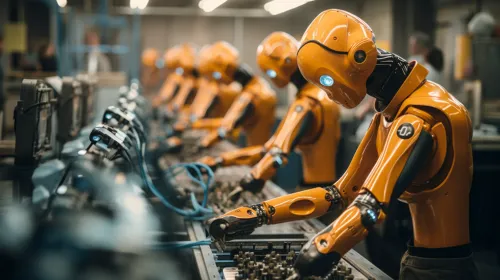
AI excels at managing complex systems and optimizing processes. By taking over repetitive tasks, AI can help us create a world that runs more smoothly. Imagine perfectly optimized transportation networks, flawless logistics, and streamlined healthcare systems, all driven by intelligent algorithms.
2.1) Transportation and Logistics
AI can revolutionize transportation and logistics, creating systems that are not only more efficient but also more reliable. AI-powered traffic management systems can reduce congestion, shorten commute times, and lower fuel consumption. Autonomous vehicles can enhance safety and efficiency in both personal and commercial transportation, reducing the likelihood of human error.
In logistics, AI can optimize supply chain operations, from inventory management to delivery routes. This can lead to faster delivery times, reduced costs, and better service quality, benefiting both businesses and consumers.
2.2) Healthcare Systems
In healthcare, AI can streamline administrative processes, manage patient records more efficiently, and assist in diagnostics. AI algorithms can analyze medical images and patient data, providing doctors with valuable insights and aiding in early disease detection. This not only improves patient outcomes but also reduces the workload on healthcare professionals, allowing them to focus on patient care.
By automating routine tasks and optimizing complex systems, AI can free up human time and resources to focus on innovation and improvement in other areas. This shift towards efficiency and optimization can lead to a more productive and prosperous society.
AI in Transportation and Logistics:
AI in Healthcare:
https://www.forbes.com/sites/cindygordon/2022/10/31/ai-in-healthcare-is-making-our-world-healthier/
3) Unleashing Human Potential
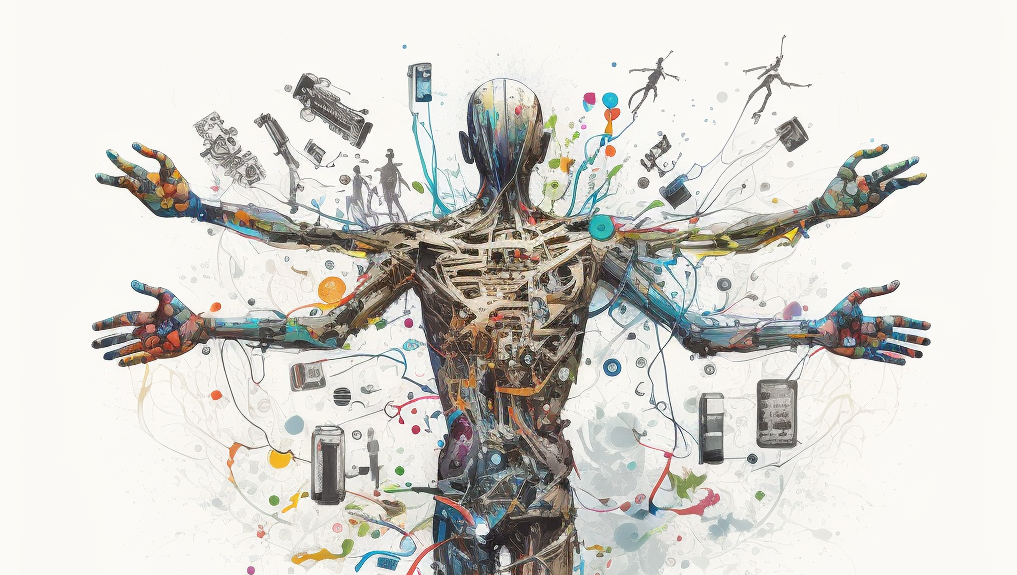
The human brain thrives on creative and challenging work. Repetitive tasks can be mentally draining and limit our potential. With AI handling the mundane, humans can focus on what they do best – conceptualizing, problem-solving, and innovating.
3.1) Fostering Creativity and Innovation
Imagine a world where everyone has the opportunity to pursue their passions and contribute their unique talents to society. AI can take over routine tasks, allowing individuals to engage in creative endeavors, scientific research, and technological innovation. This can lead to a more fulfilling and dynamic future, where human potential is fully realized.
For instance, in the workplace, AI can automate administrative tasks, freeing employees to focus on strategic planning and creative problem-solving. In education, AI can handle grading and administrative duties, allowing teachers to spend more time on personalized instruction and mentoring students.
3.2) Lifelong Learning and Skill Development
As AI takes over repetitive tasks, there will be a greater emphasis on lifelong learning and skill development. Individuals can continually upgrade their skills to stay relevant in the evolving job market. This focus on continuous education can lead to a more adaptable and resilient workforce, better equipped to handle future challenges.
By unleashing human potential, AI can drive a new era of creativity, innovation, and personal fulfillment. This shift towards more meaningful and intellectually stimulating work can lead to a happier and more motivated society.
The Future of Jobs Report 2020:
https://www.weforum.org/publications/the-future-of-jobs-report-2020/
Lifelong Learning and the Future of Work:
https://www.oecd.org/education/learningforlife.htm
4) The Human-AI Partnership
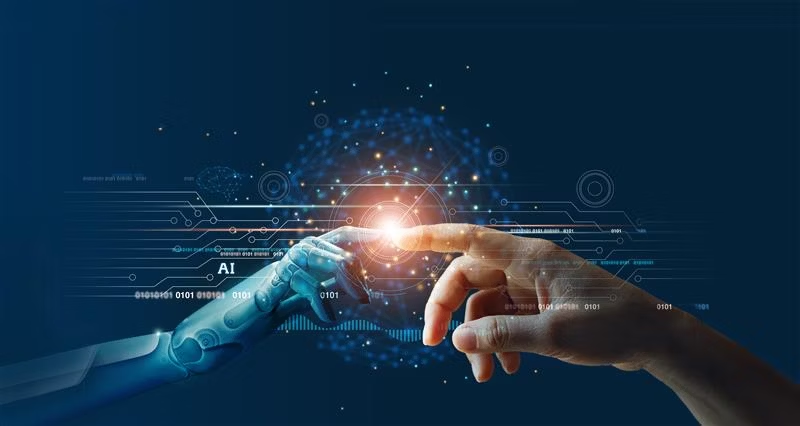
The ideal future isn’t about AI replacing humans, but rather humans and AI working together. AI can handle the heavy lifting, freeing us to focus on creativity, strategy, and human interaction.
4.1) Augmenting Human Capabilities
AI can act as a powerful tool to augment human capabilities, accelerating progress and solving complex problems we face today. In fields like scientific research, AI can analyze vast amounts of data, identify patterns, and generate hypotheses, aiding researchers in their quest for new discoveries.
In business, AI can provide valuable insights through data analysis, helping companies make informed decisions and develop effective strategies. By leveraging AI for data-driven decision-making, businesses can achieve greater success and innovation.
4.2) Enhancing Human Interaction
AI can also enhance human interaction by taking over routine tasks and allowing individuals to focus on building relationships and providing personalized experiences. In customer service, AI chatbots can handle basic inquiries, while human agents focus on resolving complex issues and providing personalized support.
In healthcare, AI can assist doctors and nurses in managing patient care, allowing them to spend more time with patients and provide better quality care. This human-AI partnership can lead to improved outcomes and a more compassionate approach to service delivery.
AI as a Tool for Augmenting Human Capabilities:
Human-AI Interaction in Customer Service:
5) A New Era of Abundance

AI has the potential to revolutionize various fields, leading to breakthroughs in areas like clean energy, sustainable agriculture, and personalized medicine. This could create a future of abundance, where resources are more plentiful and everyone has access to a higher standard of living.
5.1) Breakthroughs in Clean Energy
AI can drive advancements in clean energy by optimizing the performance of renewable energy systems, such as solar panels and wind turbines. AI algorithms can predict energy demand, manage energy storage, and enhance grid stability, making renewable energy more efficient and reliable. This can lead to a transition towards a more sustainable and abundant energy future.
5.2) Sustainable Agriculture
In agriculture, AI can improve crop yields, reduce resource consumption, and minimize environmental impact. AI-powered systems can monitor soil health, predict weather patterns, and optimize irrigation, leading to more efficient and sustainable farming practices. This can ensure food security and create a more abundant food supply for the growing global population.
5.3) Personalized Medicine
AI can revolutionize healthcare by enabling personalized medicine, where treatments are tailored to individual patients based on their genetic makeup, lifestyle, and medical history. AI algorithms can analyze genetic data, identify potential health risks, and recommend personalized treatment plans. This can lead to more effective and targeted therapies, improving patient outcomes and reducing healthcare costs.
AI for Clean Energy:
https://www.axios.com/pro/energy-policy/2024/05/31/witnesses-set-for-ecs-ai-power-hearing
AI in Sustainable Agriculture:
https://www.sciencedirect.com/science/article/abs/pii/B9780128185766000162
AI and Personalized Medicine:
https://www.ncbi.nlm.nih.gov/pmc/articles/PMC7877825/
Conclusion
While the integration of AI into the workforce raises valid concerns about job displacement, it is essential to recognize the potential benefits that AI can bring. By enhancing productivity, creating new job opportunities, improving the quality of life, addressing labor shortages, fostering economic growth, supporting education and skills development, and promoting sustainability, AI has the potential to transform society for the better.
Embracing AI as a tool for progress and innovation can lead to a future where humans and machines work together harmoniously, each contributing their unique strengths to create a more prosperous, equitable, and sustainable world. As we navigate the challenges and opportunities presented by AI, it is crucial to focus on harnessing its potential for the greater good and ensuring that the benefits are shared widely across society.

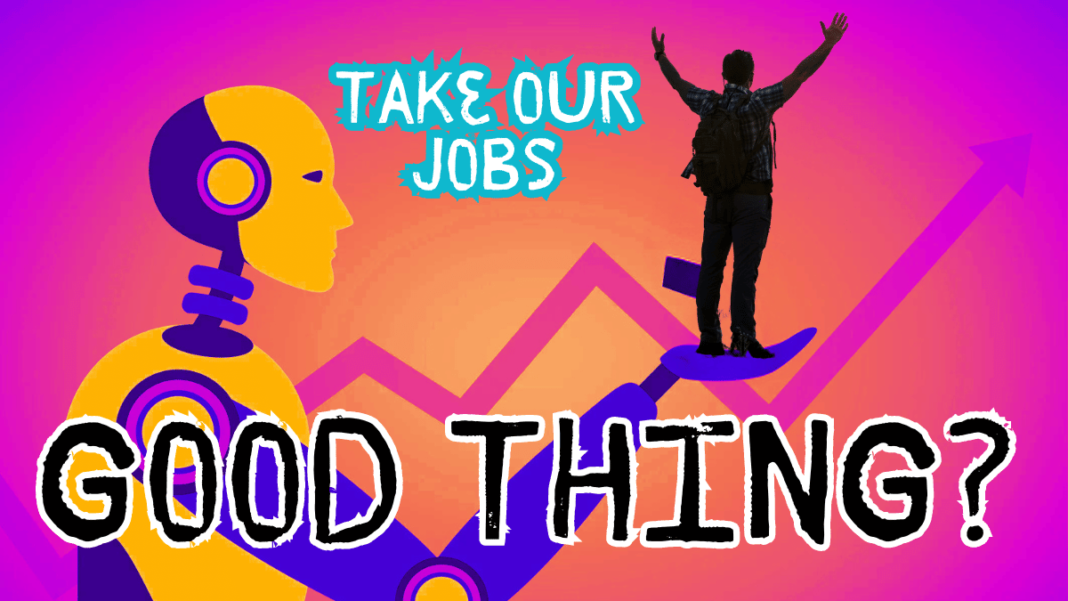
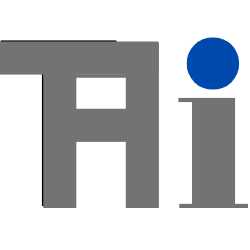
Please let me know if you’re looking for a author for
your site. You have some redally great posts and I think
I would be a good asset. If youu evdr want to take some of the load off,
I’d really like to write some content for your blog inn exchange for a link back to mine.
Please shoot me an e-mail if interested. Thanks! https://odessaforum.BIZ.Ua/